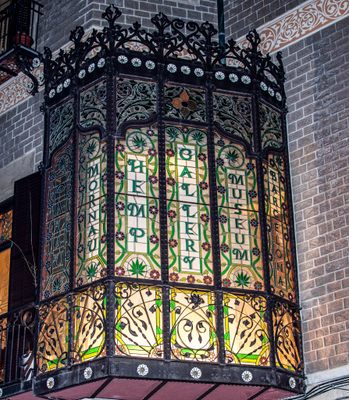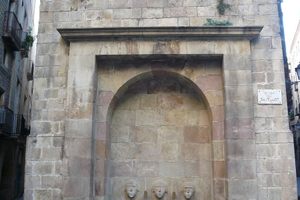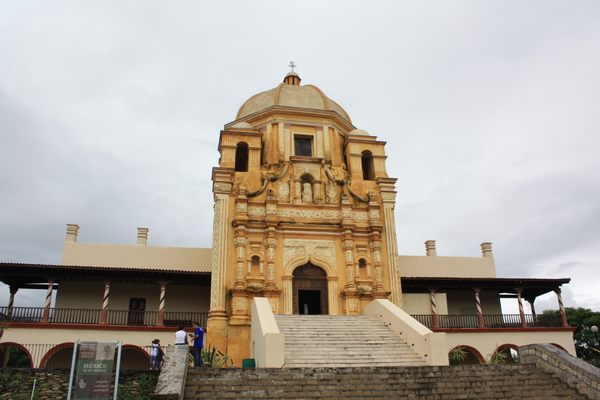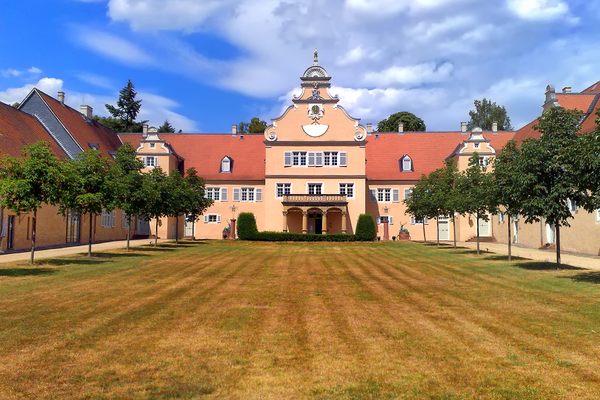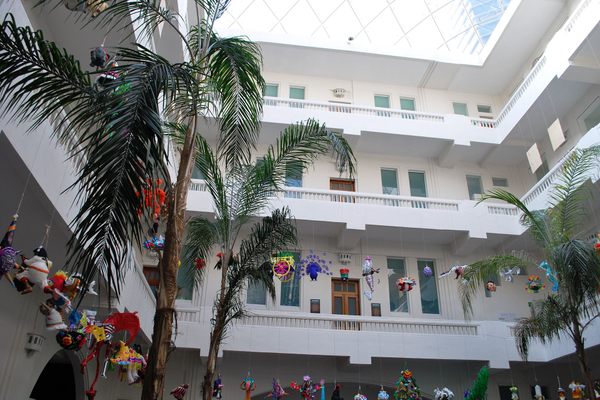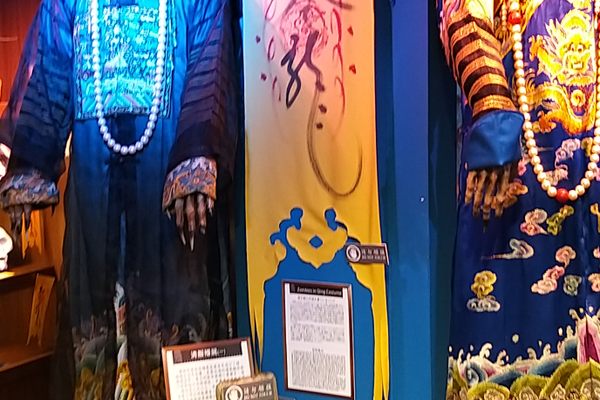About
Located in the heart of Barcelona's Ciutat Vella ("Old City"), the Gothic Quarter features an abundance of stately buildings, from ancient and medieval structures to modernist masterpieces. Included among the latter is the Palau Mornau, a grand Renaissance-cum-modernist structure that now houses a museum—not of portraiture, or decorative arts, or even Catalan history, but of weed.
The Palau Mornau was originally built in the 16th century as a city palace for the noble Santcliment family. Owned by the family for two centuries, the building was bought in the late 18th century by Josep Francesc Mornau (the "honorary war commissioner of the Royal Armies") and later changed hands again in the early 20th century, coming under the ownership of one Joan Nadal de Vilardaga, the brother of the mayor of Barcelona.
The new owner undertook a major renovation of the palace, transforming the building into a masterpiece of the Modernisme style that was changing the face of Barcelona at the time and continues to be a major architectural signature of the city. The renovation included stained glass windows, floral wrought iron balconies, a faux stone facade, and exquisite interior design that imparted every room with uniquely styled floors, ceilings, walls, and windows.
By 2001, however, the building had fallen into disuse and disrepair, when it was a discovered by Ben Dronkers, a Dutch entrepreneur and philanthropist who had started Amsterdam's Hash Marihuana & Hemp Museum in 1985. Seeking to expand the museum's facilities and mission beyond Amsterdam, he purchased the Palau Mornau and embarked on a ten-year project of meticulous renovation -- a sensitive task, given the building's status as a national monument. Once the restoration was completed, the Hash Marihuana & Hemp Museum Barcelona opened its doors to great fanfare in May of 2012, with the grand opening featuring silver-maned real-life Tony Stark proxy and drug policy reform advocate Richard Branson.
The museum's permanent collection contains approximately 8000 objects related to cannabis cultivation and utilization throughout human history, including medicine bottles, apothecary kits, prescription bottles, paintings, pipes, sculptures, and film posters. Exhibit topics deal with not only recreational and medicinal uses of cannabis, but also industrial applications, legislative history, and the horticultural considerations of cannabis cultivation. If you prefer buildings to bud, the Palau Mornau is part of a Modernisme walking tour of Barcelona.
Related Tags
Know Before You Go
Children under 13 are admitted free of charge if accompanied by an adult. The museum does not yet provide easy access to people with limited mobility.
Community Contributors
Added By
Edited By
Published
April 20, 2016
Sources
- http://www.voc-nederland.org/2012/05/world%E2%80%99s-largest-cannabis-museum-opened-in-barcelona/
- https://news.artnet.com/art-world/worlds-biggest-cannabis-museum-opens-in-barcelona-234142
- http://www.catalannewsagency.com/life-style/item/a-dutch-millionaire-opens-a-cannabis-museum-in-barcelona-and-supports-its-legalization
- https://en.wikipedia.org/wiki/Hemp_Museum_Gallery
